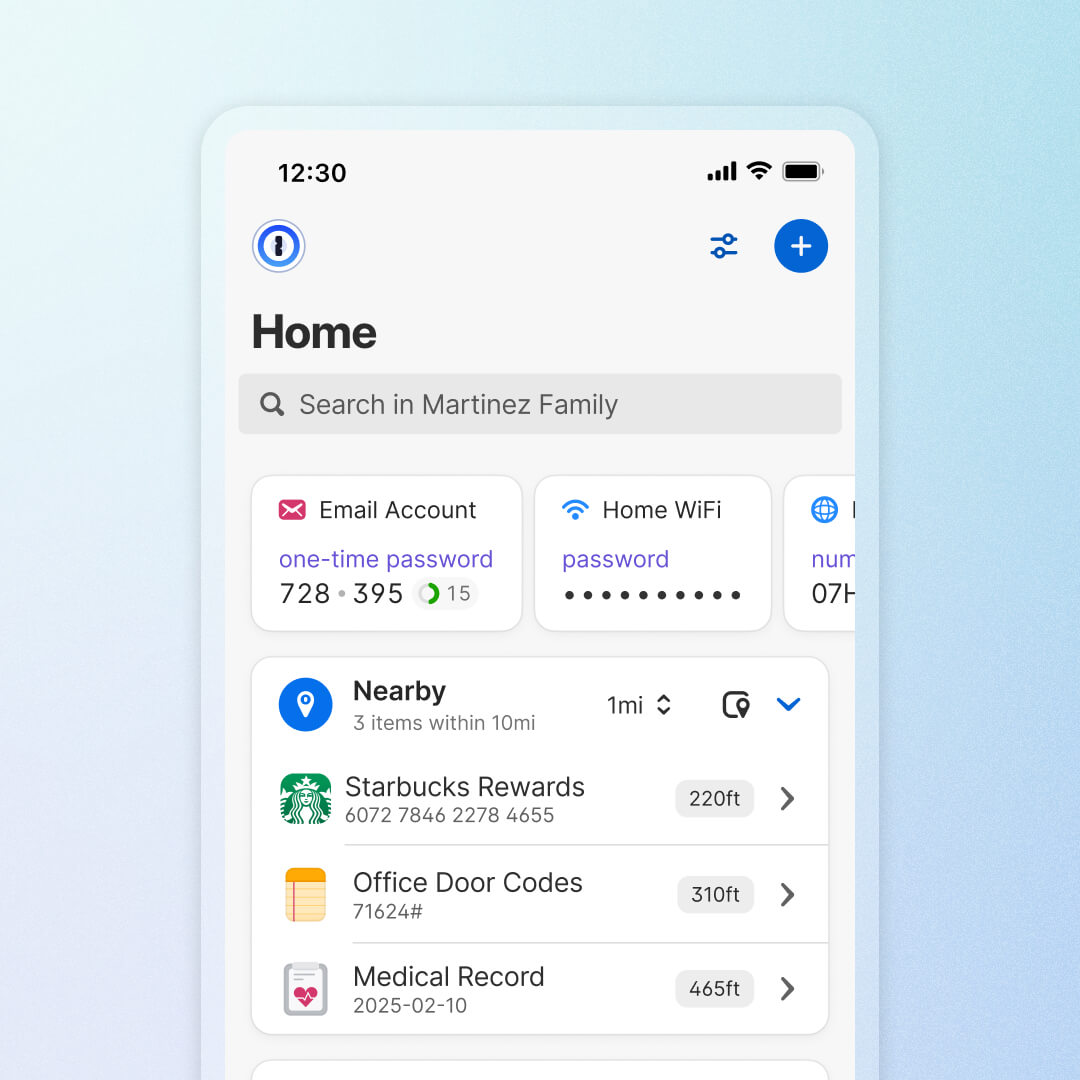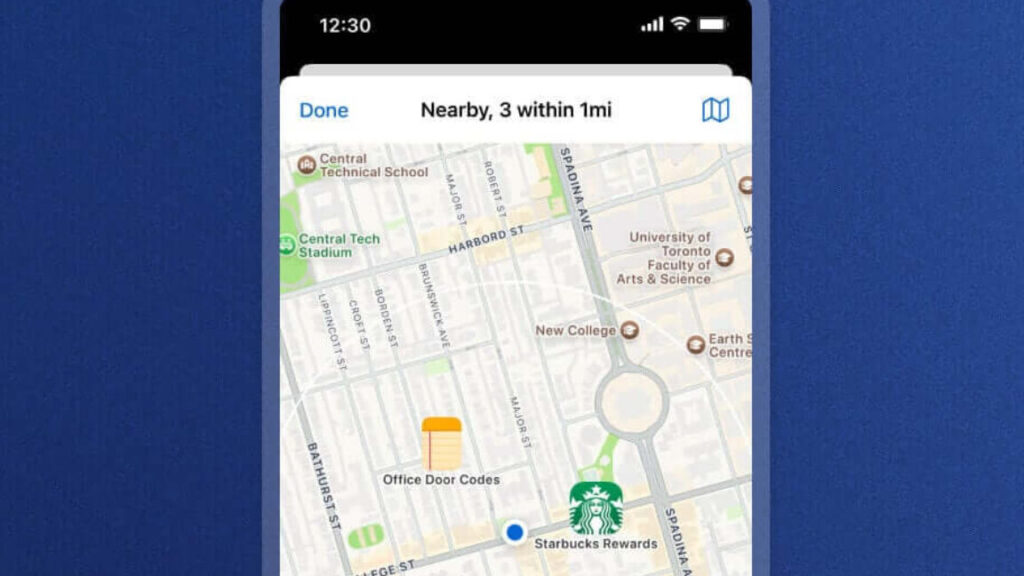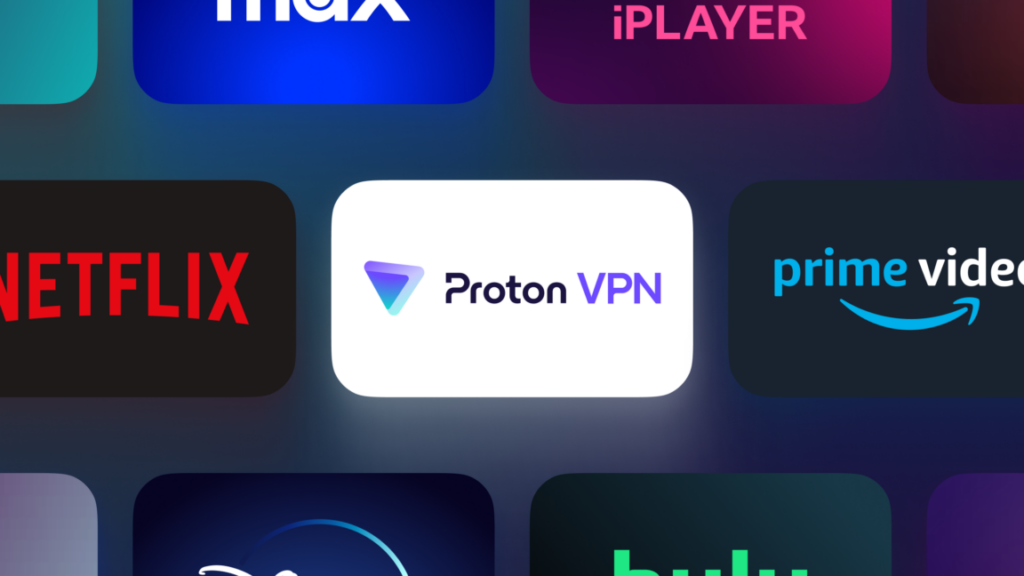1Password offers geo-locating help for bad apps that constantly log you out
You could name things more sensibly in 1Password, of course, and you should. But having a list of nearby logins in the app will certainly be more convenient than fixing every company’s identity issues. There is also the deeper, messier issue of apps calling out to URLs that do not share a name with the product or service, which can sometimes trip up apps like 1Password from linking credentials to the app you’re trying to log in to.
In the Washington, DC, area, the Washington Metropolitan Area Transit Authority (WMATA), or “Metro” to locals, manages the subways and buses (and one odd streetcar). Metro has an app that allows you to manage the money on your physical cards and set up digital payments on phones. The app is named “SmarTrip,” and it logs me out every time the sun sinks below the horizon, and 1Password can never quite associate the login page of the app with my account details. I rediscover this whenever I need to check my physical cards or wonder why an automatic reload hasn’t gone through.
Some of what I’m describing is almost certainly confirmation bias and the human tendency to remember stressful moments far more keenly than everyday actions. But I will be linking my frequent subway stations and bus stops to the SmarTrip login, along with stores, airports, and other places I want to spend less time looking at my phone while my heart rate rises.
Entirely optional but recommended

Credit: 1Password
1Password has a support page with details on how to add locations from all their desktop and mobile clients. As the firm suggests, you can also use locations for things like Wi-Fi passwords, PIN codes, credit and ATM/debit cards, and other items. When you open 1Password, everything that is “Nearby” will show up at the top of the “Home” page, and you can change how far a radius the app should take when pulling in nearby items.
1Password notes on its announcement post that it does not store, share, or track your location data, which is stored locally. Enterprise users do not have their location shared with employers. And the location feature is entirely optional. It should be available today for 1Password users whose apps are up to date, and I’m hoping that other password apps also consider offering this feature, securely, for their users.
1Password offers geo-locating help for bad apps that constantly log you out Read More »

